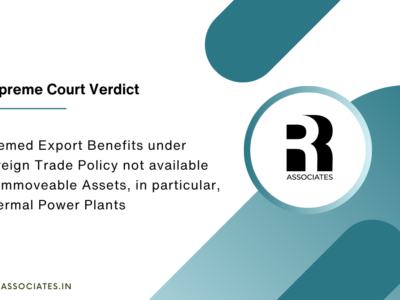Navigating the process of company registration in India can often seem like a complex task, especially for those new to the entrepreneurial landscape. This guide is designed to simplify that journey while detailing the necessary steps and providing crucial insights into the procedure. From understanding the types of business entities available to leveraging professional support, such as company secretarial services in Delhi, this comprehensive guide aims to empower you with the knowledge you need to register your company successfully in India’s thriving business ecosystem. With an understanding of the type of entity that suits your business needs, appropriate name selection and the correct filing process, we endeavor at R Associates, endeavor to streamline and ease the complex process for foreign nationals.
India is known for its vast market and favorable economic policies thus offering immense benefits to companies. According to the World Bank’s Doing Business 2020 report, India made a significant jump of 14 places to the 63rd position among 190 countries in ease of doing business. The leap can be attributed to improvements in various parameters that include starting a business in India, which is a direct result of the government’s sustained business reforms over the years. Registering a company in India not only grants it legal recognition but also ensures benefits such as easier access to loans, limited liability and the opportunity to expand the business beyond geographical boundaries.





